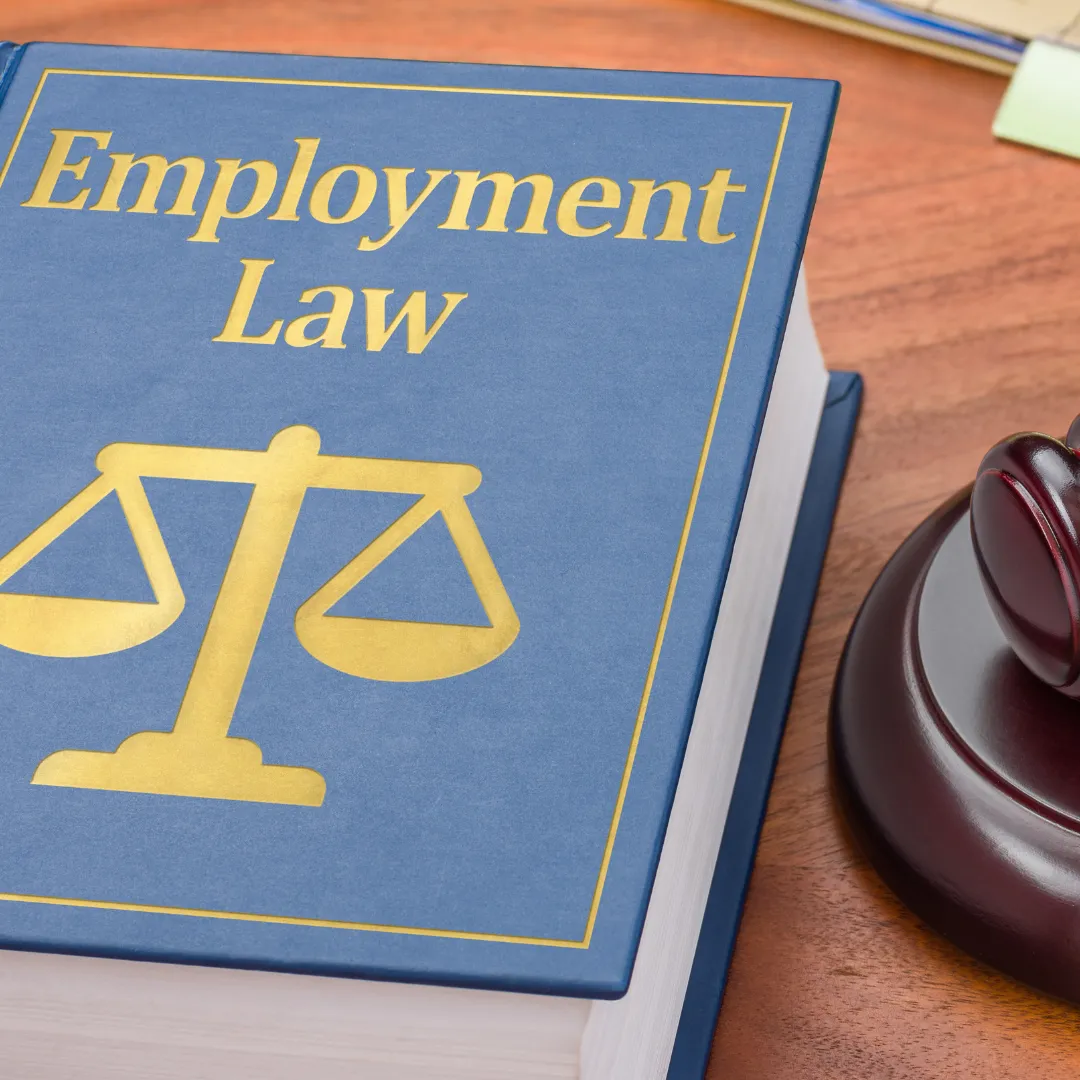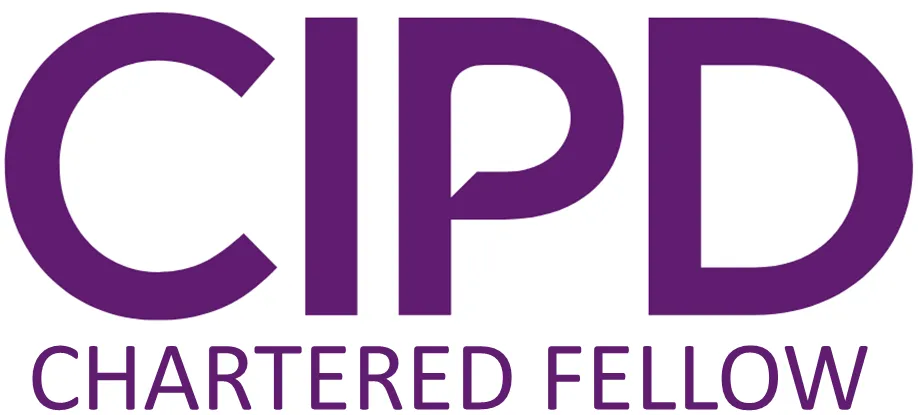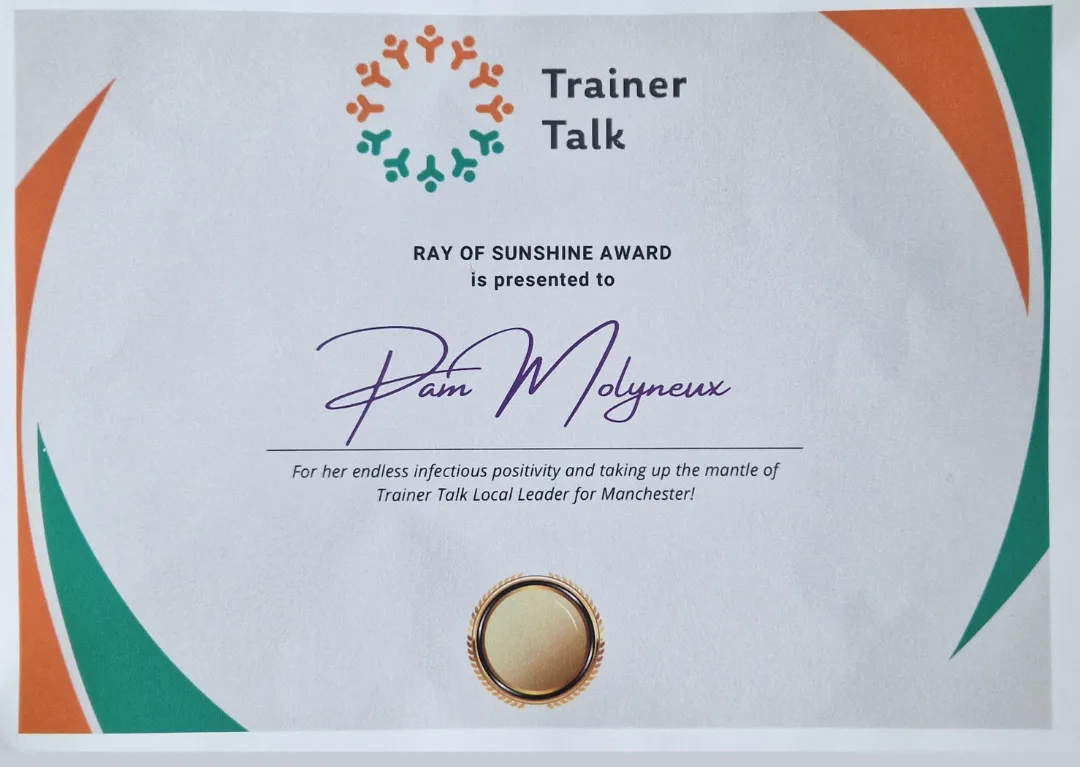Read Our Latest Blogs

CASE LAW FOR CONSIDERATION JANUARY 2024
It is an employer’s duty to make a reasonable adjustment to alleviate a disadvantage placed on a disabled worker by a provision, criterion or practice because of their disability. An employer cannot rely on a worker’s own actions as sufficient to fulfil this duty.
Reasonable Adjustment – Disability Discrimination
ATCHE v THE HOP BOX LTD
THE LAW
Section 20(1), (2) and (3) of the Equality Act 2010 (EqA) puts employers under a duty to make reasonable adjustments where a provision, criterion or practice (PCP) of the employer’s puts a disabled person at a substantial disadvantage in comparison with persons who are not disabled. The employer must take whatever reasonable steps are necessary to alleviate this disadvantage.
When considering a claim of failure to make reasonable adjustments, an employment tribunal has to first identify whether there is a PCP in place, and if it determines that there is, whether or not the employer put in place reasonable adjustments to ensure this did not substantially disadvantage a disabled worker where a non-disabled worker would not be.
THE FACTS
The claimant was engaged for two days of work as a server by the respondent. As the timing of the facts of this case fell in October 2020, when measures were still in place in the UK as a result of the Covid pandemic, the risk assessment for the event said that masks should be worn. This risk assessment, however, gave no consideration for those who were unable to wear a mask because of a disability.
The claimant initially did not wear a mask, due to suffering from asthma and the effects of a previous brain tumour. He was seen not wearing a mask by the respondent. The respondent suggested that the claimant swap with another worker who was preparing food, but this idea was dismissed as the claimant did not have sufficient knowledge to complete the preparations needed. Instead, the claimant put on the mask.
From the point of being asked to wear the mask, the claimant did so. However, when the respondent was not around, he wore the mask under his nose and would only put it on properly when someone in authority was nearby.
The claimant brought a claim of failure to make a reasonable adjustment to accommodate his disabilities.
EMPLOYMENT TRIBUNAL (ET)
The ET started by examining the facts of the case so as to identify if there was a PCP that put the claimant, because of his disability, at a disadvantage. It found that the requirement to wear a face mask when serving disadvantaged the claimant and that disadvantage was clearly attributable to his disability. A non-disabled person would not have an issue with wearing a mask in the same role.
The ET then had to consider if a reasonable adjustment was made to alleviate the disadvantage caused by the PCP. It held that the claimant’s decision to wear the mask but not to do so over his nose (except when he was concerned that persons of authority may be in the vicinity) alleviated the disadvantage caused to him entirely. The claimant’s complaint that he felt coerced by the respondent to wear a mask was rejected, on the basis that the claimant did not have to work the second day of the event but chose to.
In coming to the conclusion that the adjustment was reasonable, the ET noted that it is necessary to strike a balance between the reasonable needs of the disabled person for an adjustment on the one hand, and the reasonable needs of the employer on the other. In striking this balance, it had to consider if the steps to alleviate the disadvantage would be effective, the cost to the employer of them and the extent of the disruption that would be caused to the employer’s business in making the adjustment.
It was accepted by the ET that the claimant was exempt from wearing a mask, however it stated that “…[this] does not give him an untrammelled right to work at an event such as the Peddler Market without a face covering as the reasonable needs of the employer have to be taken into account”. Before it, the respondent had given what the ET felt to be “compelling evidence” that it was difficult enough to get the general public to wear a face covering, and that would only get worse if the claimant were to be permitted to not wear one whilst working in a public area, and that these difficulties could result in the respondent losing its licence to operate events.
Ultimately, the ET concluded that the respondent had made a reasonable adjustment for the claimant by permitting him to wear the covering below his nose other than when he saw a person in authority.
The claimant appealed against this on the basis that as the respondent was unaware of this adjustment, it did not meet its duty to make a reasonable adjustment.
EMPLOYMENT APPEAL TRIBUNAL (EAT)
In reviewing the case, the EAT determined that the ET had misunderstood the facts, and this led to it finding as it did. It is apparent from the judgment that the ET had concluded that the respondent was aware of the claimant’s self-imposed reasonable adjustment of only wearing the mask properly when the respondent or its representatives were around, when in fact both parties to this case agreed that the respondent did not have this knowledge.
The EAT held that the result of this fundamental misunderstanding was that the ET had not properly considered the true facts in the case. Therefore, it held that it should be remitted to the same ET to re-determine the reasonable adjustments claim, and whether or not a reasonable adjustment had been applied to alleviate the impact of the PCP.
Considerations for employers
This case serves as a useful reminder that the obligation to make a reasonable adjustment is firmly on the employer, and it is not enough to simply rely on the employee to find an appropriate “workaround” to a PCP that puts them at a substantial disadvantage because of their disability.
In this case, had the respondent gone back to the claimant regarding the mask, and queried how the claimant was finding having to wear one, it would have become apparent that the mask was not being worn as intended and therefore a more suitable adjustment would have to have been found. By seemingly moving on from the matter without fully dealing with it, the respondent failed to discharge its duties under the EqA and must now wait to hear the outcome of this case, and if any compensation will be owed to the claimant.












